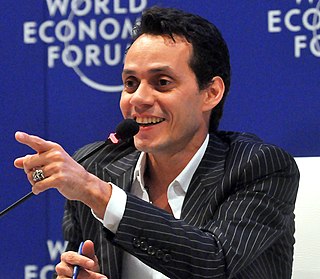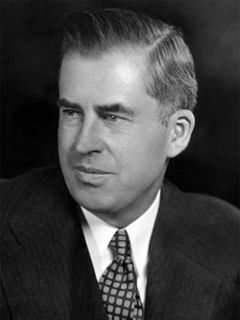A Quote by Stephen Kinzer
During the 1990s the United States sought to impose the 'Washington Consensus' on Latin American governments. It embodied what Latin Americans call 'neo-liberal' principles: budget cuts, privatization, deregulation of business, and incentives for foreign companies. This campaign sparked bitter resistance and ultimately collapsed.
Quote Topics
American
American Government
Bitter
Budget
Budget Cuts
Business
Call
Campaign
Collapsed
Companies
Consensus
Cuts
Deregulation
Embodied
Foreign
Governments
Impose
Incentives
Latin
Latin America
Latin American
Liberal
Principles
Privatization
Resistance
Sought
States
Ultimately
United
United States
Washington
Related Quotes
Venezuela is independent. It's diversifying its exports to a limited extent, instead of just being dependent on exports to the United States. And it's initiating moves toward Latin American integration and independence. It's what they call a Bolivarian alternative and the United States doesn't like any of that.
Like Hillary Clinton in the United States, Kuczynski is a prototypical member of the trans-American governing class, with deep roots in both the private and public sector and its revolving-door relationship between Washington think tanks, the State Department, and high-level Latin American ministries.
The liberal order led by the United States favored an open world connected by the free flow of people, goods, ideas and capital, a world grounded in the principles of self-determination and sovereignty for nations and basic rights for their citizens. It did fall short of its ideals, often in Latin America and Southeast Asia.
In those countries where income taxes are lower than in the United States, the ability to defer the payment of U.S. tax by retaining income in the subsidiary companies provides a tax advantage for companies operating through overseas subsidiaries that is not available to companies operating solely in the United States. Many American investors properly made use of this deferral in the conduct of their foreign investment.
































